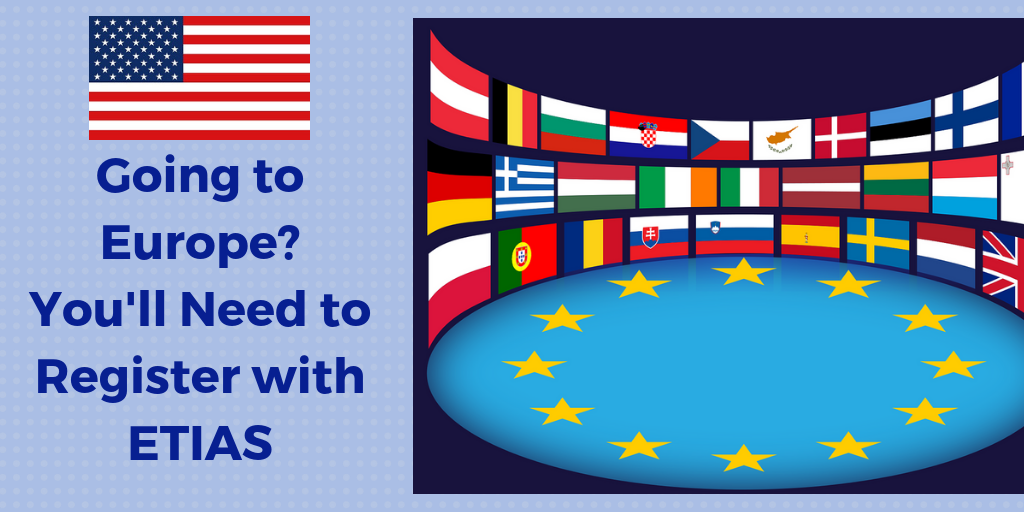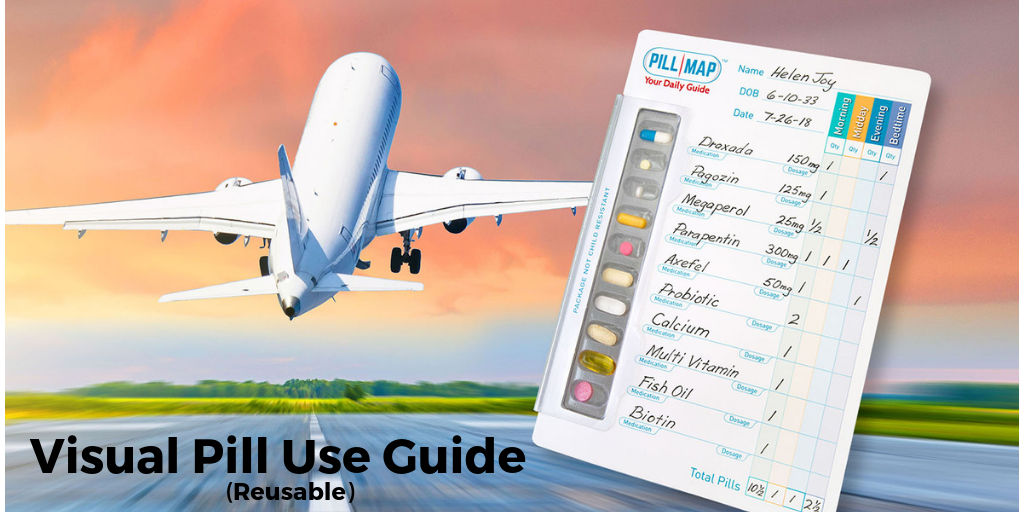Travel insurance or trip insurance? Insurance is necessary for peace of mind for you and your family when you travel. Understanding the difference between trip and travel insurance is simple.
Travel Insurance = Health
Trip Insurance = Financial
Insurance is your backpack plan if you encounter problems before or during your travels. Even the best thought-out plans may be interrupted by circumstances out of your control, think political unrest, global or personal financial troubles, health emergencies as well as natural disasters. So when planning your flights, hotels, or cruise be sure to put travel insurance on your planning checklist too and into your budget. Insurance will help you recover expenses should you be forced to cancel or interrupt your trip. The bigger the trip (both financially and time-wise), the more you need to look into travel and trip insurance.
Travel Insurance — coverage for health-related issues while out of the country
Travel medical insurance protects people. This type of insurance protects travelers from unforeseen health issues that may arise while they’re traveling abroad. This includes sickness, injuries, and accidents. Often these plans will cover medical treatment and emergency evacuation, accidental death repatriation, etc. Many companies will assist with finding a hospital via their customer help desk. One key aspect to understand is that you will usually have to pay for the medical costs and the insurance company will then reimburse you. Hint: call your credit card companies and ask for a limit increase before you go.
- Medical
- Accidents & Evacuation
- 24/7 Worldwide Assistance
Medical
Check your health insurance before hitting the road. Many travelers assume that their health insurance will cover them for any medical service, but this is not the case. Many health plans today are based on in-network coverage only. Does your plan only cover illnesses and accidents that occur domestically?
Accidents & Evacuation
There is no telling when an accident (physically or geographically) can occur. With accident and evacuation insurance, you can receive the quick medical attention you need in the event of a life-threatening emergency and evacuation back to your homeland.
Trip Insurance — protects you from financial loss due to trip-related issues
Trip insurance protects purchases. This type of insurance usually protects travelers against financial losses due to unexpected situations that might include trip cancellation, interruption, or delay; missed flight connections; or lost baggage. Financial losses typically are transportation costs, hotel costs, etc. Get your trip insurance when you book your flight, don’t wait, if you have to cancel your trip then the money you’ve already paid will be covered according to the terms of the policy you select.
- Trip Cancellation
- Trip Interruption
- Damaged, Delayed, or Lost Baggage
- 24/7 Worldwide Assistance
Trip Cancellations
The most common type of travel insurance bought is trip cancellation insurance that can usually be bought for an additional price when booking your upcoming flight or cruise Travel insurance will either fully or partially reimburse you supposing your flight gets canceled or you have an emergency causing you to cancel your trip. Make sure you understand ahead of time how a policy defines a personal emergency.
Trip Interruption
Trip interruption coverage is similar to trip cancellation coverage. However, the policies offer travelers reimbursement of their pre-paid, non-refundable expenses when you unexpectedly need to cut your travels short.
Damaged, Delayed, or Lost Baggage
There’s nothing more upsetting than starting off your trip with damaged, delayed or lost baggage. Unfortunately, it is quite a hassle to get together when such situation occurs, but insurance can reimburse you for your personal belongings that are lost, stolen or damaged as well as give you extra money to buy your necessities if your baggage is delayed.
Insurance Package Plans
Most insurance companies that provide travel plans offer different types of “Package Plans.” A package plan is created based on your possible outcomes based on your destination and preference. Package plans are perfect for families, friends traveling together, and groups because they bundle the two types together.
Bundled Coverage Typically Includes
- Trip cancellations for specific reasons like accidents illnesses, injuries, job loss, military duty, natural disasters, and more.
- Trip interruptions like delays that could include extra lodging and transportation.
- Dental and medical expenses due to an accident or illness.
- Emergency medical/political evacuation coverage in case you cannot obtain proper medical care in your location.
- Coverage for lost, stolen, delayed and destroyed luggage.
- Cancellations at any time.
- Customer service help from a trained travel specialist.
24/7 Assistance
The majority of travel insurances provide their clients with 24/7 assistance in case of all types of emergency and needs.
They can assist you with:
- Help with any language barriers
- Lost baggage search and replacement assistance
- Lost passport or travel documents assistance
- Medical transportation to and from the hospital
- Location of the best hospital near you
- Transportation home
- Identity Theft
Valuable Tip: Check with your home insurance, health insurance carrier, and credit card company you used to purchase your flights, book your hotels, rental car, or cruise about what they cover before buying additional insurance. Doing this could save you money so you don’t buy duplicate coverage.
A couple of the most reputable travel insurance companies are:
Take matters into your own hands before your trip! Signing up for travel insurance for a minimal cost can save you a lot of money and time in the long run.
Additional Articles You May Like






